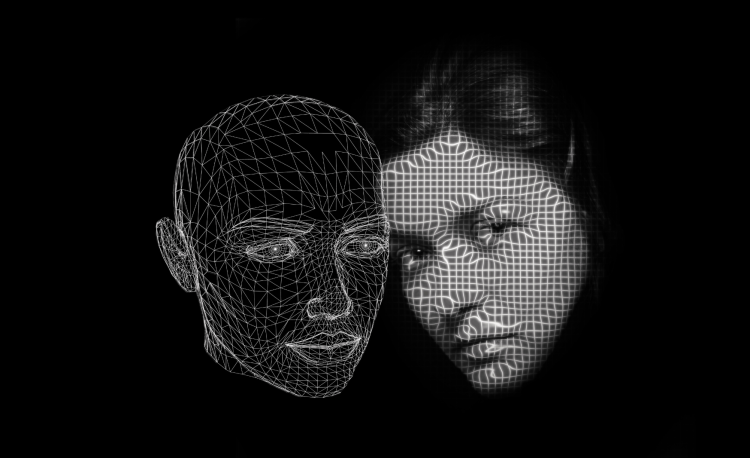NEWS & INSIGHTS

Means of Protecting Copyright in the Digital Environment.
With the rapid growth of online activities and the expansion of digital platforms, authors are facing increasing challenges and violations when it comes to protecting their works. In Jordan, the legislator has included protections for authors' rights against violations in the Copyright Protection Law. However, it does not specify clear electronic tools or technical powers for enforcing these protections when infringements occur in the digital realm.
The main challenge in protecting copyright in the digital environment is the lack of an assigned body with clear technical authority to ensure protection. For instance, Article (46) of the Copyright Protection Law allows the right holder to apply to a summary judge (the judge of urgent matters) or a competent court, either before or during a lawsuit, to issue an order to seize the infringement. The law also permits the right holder to seek assistance from the Copyright Protection Office for this purpose.
However, these measures are nearly ineffective in the digital environment since there is no explicit provision in the Copyright Protection Law that defines a clear method for stopping infringements or grants jurisdiction to a specialized technical body to enforce effective protection against digital infringements of literary and artistic works, which often occur online.
In Jordan, the Telecommunications Regulatory Commission (TRC) is responsible for taking action to block infringing or non-compliant websites. Article (58) of the Telecommunications Law grants the TRC the authority to block communication services (which include sending, receiving, and transmitting information over communication networks) if the service is used in violation of existing legislation.
Nevertheless, in practice, this process (when related to individual rights) requires a court order to block the infringing website. Courts are known to adhere strictly to explicit legal provisions when issuing their rulings, including those concerning "stopping infringement" as outlined in the Copyright Protection Law.
Practical experience shows that the current legislation is ineffective in dealing with digital copyright violations related to literary and artistic works published online. In one case, a work owned by a company was unlawfully used by another company, which published the same content on its website, presenting it as its own. Despite seeking judicial intervention and obtaining a court order to "halt the infringement," it was impossible to enforce the decision. The reason for this was the absence of a clear mechanism or provision that defines the responsible authority and its powers to remove the infringement, whether partially or entirely.
The lack of a clear mechanism for enforcing copyright protections leads to the loss of the commercial value of an author's creative work. Effective legal protection is essential for fostering a secure environment that encourages and supports artistic and literary creativity in the Kingdom. It is crucial to amend the Copyright Law to keep pace with technological advancements, ensuring that it includes clear mechanisms for addressing online infringements. This could involve introducing, for example, new technical tools and specialized departments overseen by experts in the field of digital intellectual property rights.
